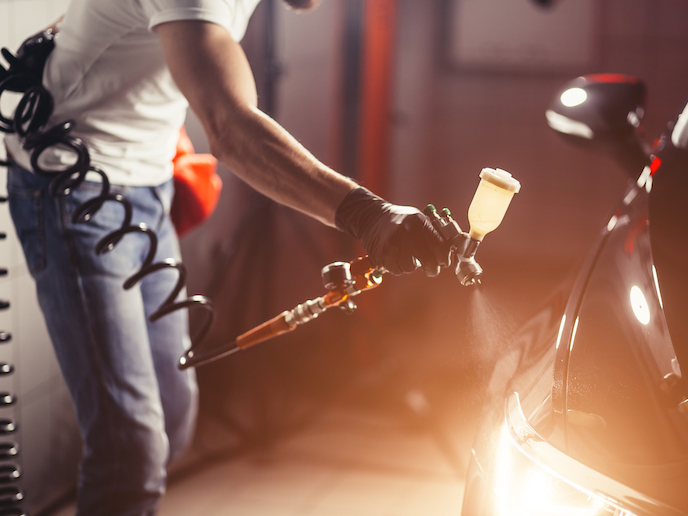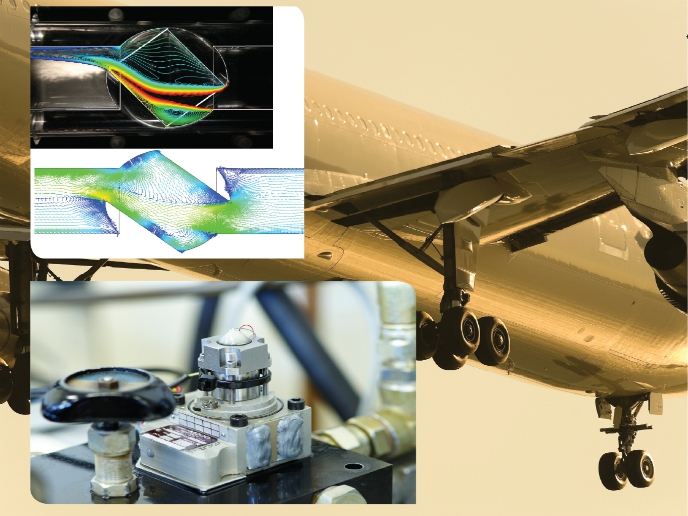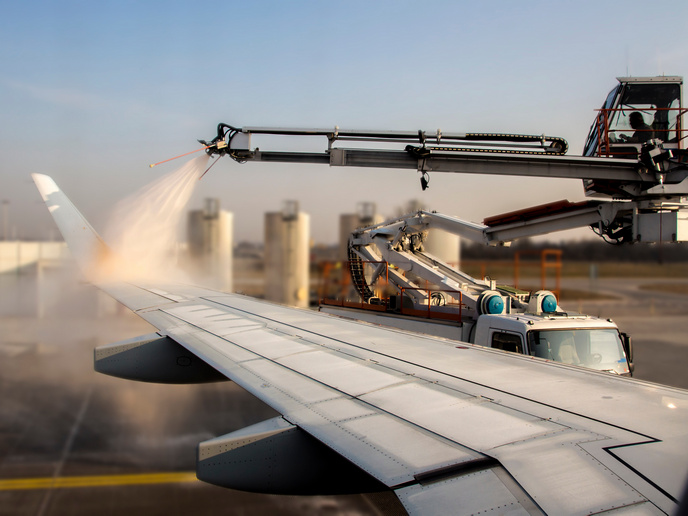Lighten that load – making cars lighter to reduce emissions
Lighter cars are cleaner cars as they consume less fuel. The current way of reducing the weight of car sections is to use aluminium die-cast pieces. Aluminium’s lower density means it is possible to reduce the weight by 40 % compared to steel parts, and the material offers outstanding mechanical performance. But the drawback is that the die casting method currently used is highly energy-consuming and generates large amounts of waste from the release agents necessary to the process. The #FC21S project, supported by the EU and run by two Italian SME’s with extensive expertise in the metal casting sector, has come up with an innovative solution to reduce the negative impacts of die-casting. “#FC21S is an innovative spraying process for aluminium die casting in which a pioneer concentrated mould release agent is nebulised through an ad-hoc micro-spraying head, rendering pieces with better mechanical properties and enhanced impact resistance,” explains Mr Stefano Cervati, project coordinator. He explains that the traditional lubrication process of die casting needs a large quantity of mould-release: 12 litres of water mixed with oil per mould. The new method developed by the project only uses 0.3 litres, with the oil now at 100 %, to cover the same volume of die-cast material. While the project has not developed a new product, the team hopes their new system can be commercialised to provide a cleaner process for the production of die-cast aluminium products. Their system makes use of the MAGSIMAL 59 alloy which was developed by Rheinfelden. “This allows us to increase the mechanical characteristics of the castings without the need for heat treatment,” explains Cervati. The result is lighter parts, with a corresponding reduction in volume and weight. In combination with this, the development of the micro-dosage lubrication process greatly helps to reduce the problems associated with the post-casting process. The first step for the project has been achieved but there is a long way to go before industrialisation. “I’m extremely happy with the results because the team worked very hard to obtain them. In the coming months, with the help of our technical office, we will start to look into whether the method can be used on all machines. In a foundry there are machines with different characteristics so it will be large task, but I'm confident we’ll get some interesting results,” says Cervati. His optimism is justified if the project’s track record is anything to go on. Getting this far has required constant fine-tuning. “If I look back, I'm very proud of the team's work: their passion to create a new method, to believe in it and to try, try and try again.” All that dedication has certainly paid off. Their hard work and professionalism were recognised when, in Verona and in Washington, they won the Italian Innovation Award. “If we get the results we are looking for on the other machines, we’ll be able to offer our clients the same pieces at a lower cost but with improved quality. This will mean more work and we’ll be able to employ more people.”







